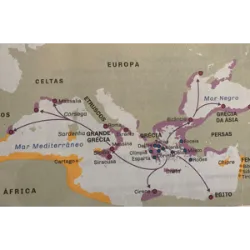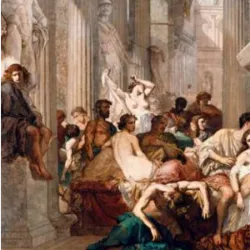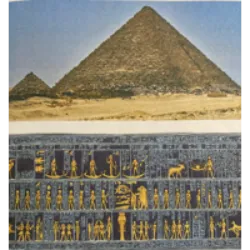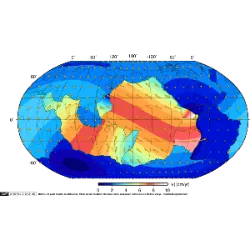The Carolingian Empire
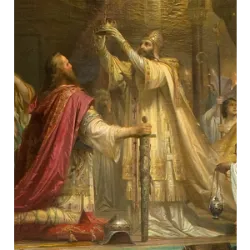
In the 9th century, Charlemagne, king of the Franks, managed to unify much of Western Europe, creating the Carolingian Empire, which stretched from present-day France to Germany and parts of Italy. His rise to power represented a pivotal point in medieval history, being one of the first moves towards political centralization after the fall of the Roman Empire. In 800, Charlemagne was crowned Holy Roman Emperor by Pope Leo III, symbolizing the alliance between the Church and the monarchy, and consolidating his power.
During his reign, Charlemagne promoted administrative reforms, supported education, and encouraged the spread of Christianity. He also strengthened the borders of his empire, resisting external invasions and internalizing a system of feudal governance. However, after his death in 814, the empire was divided among his sons, leading to the fragmentation of his inheritance.
Although the Carolingian Empire was short-lived after Charlemagne's death, its rise represented an important transition between antiquity and the Middle Ages, laying the foundations for medieval Europe and influencing future European empires.
Did you know?
